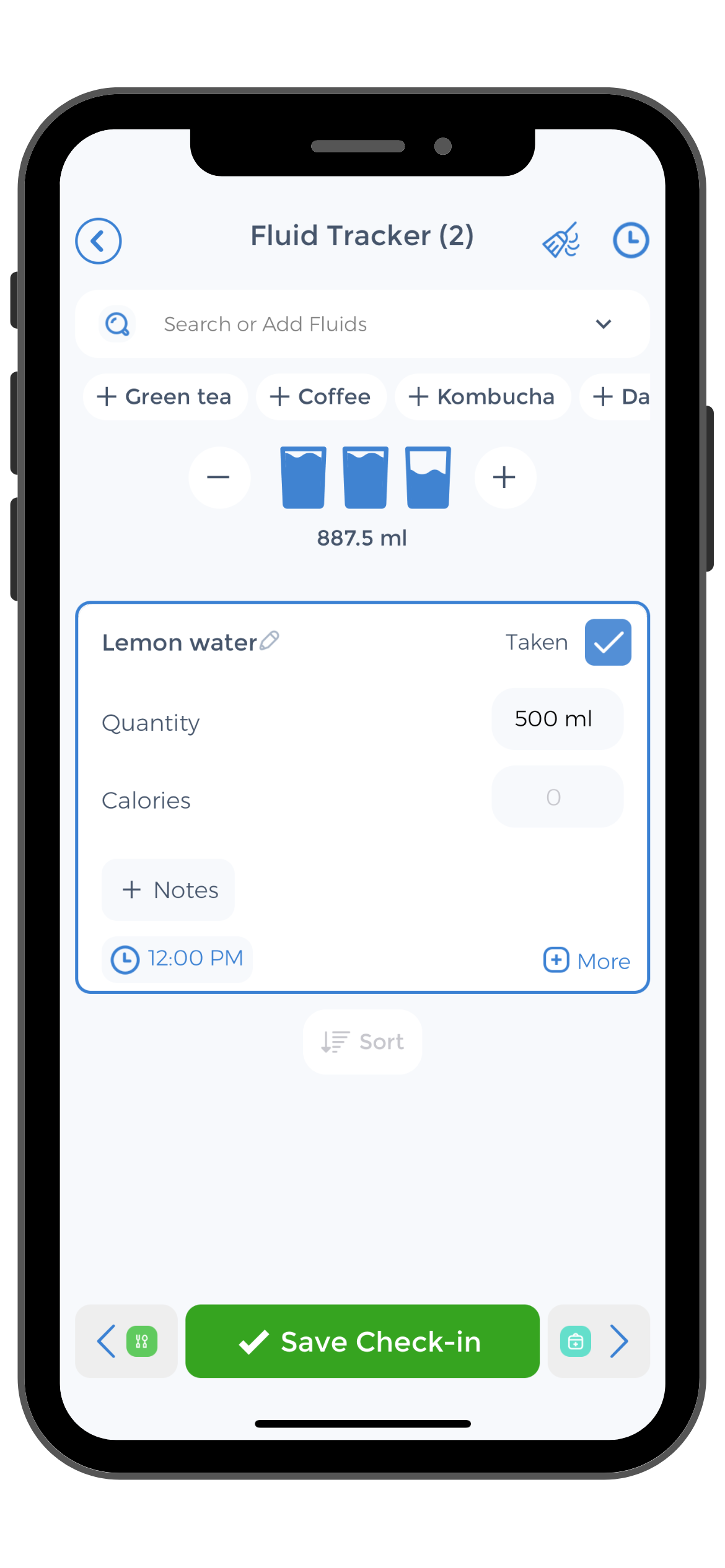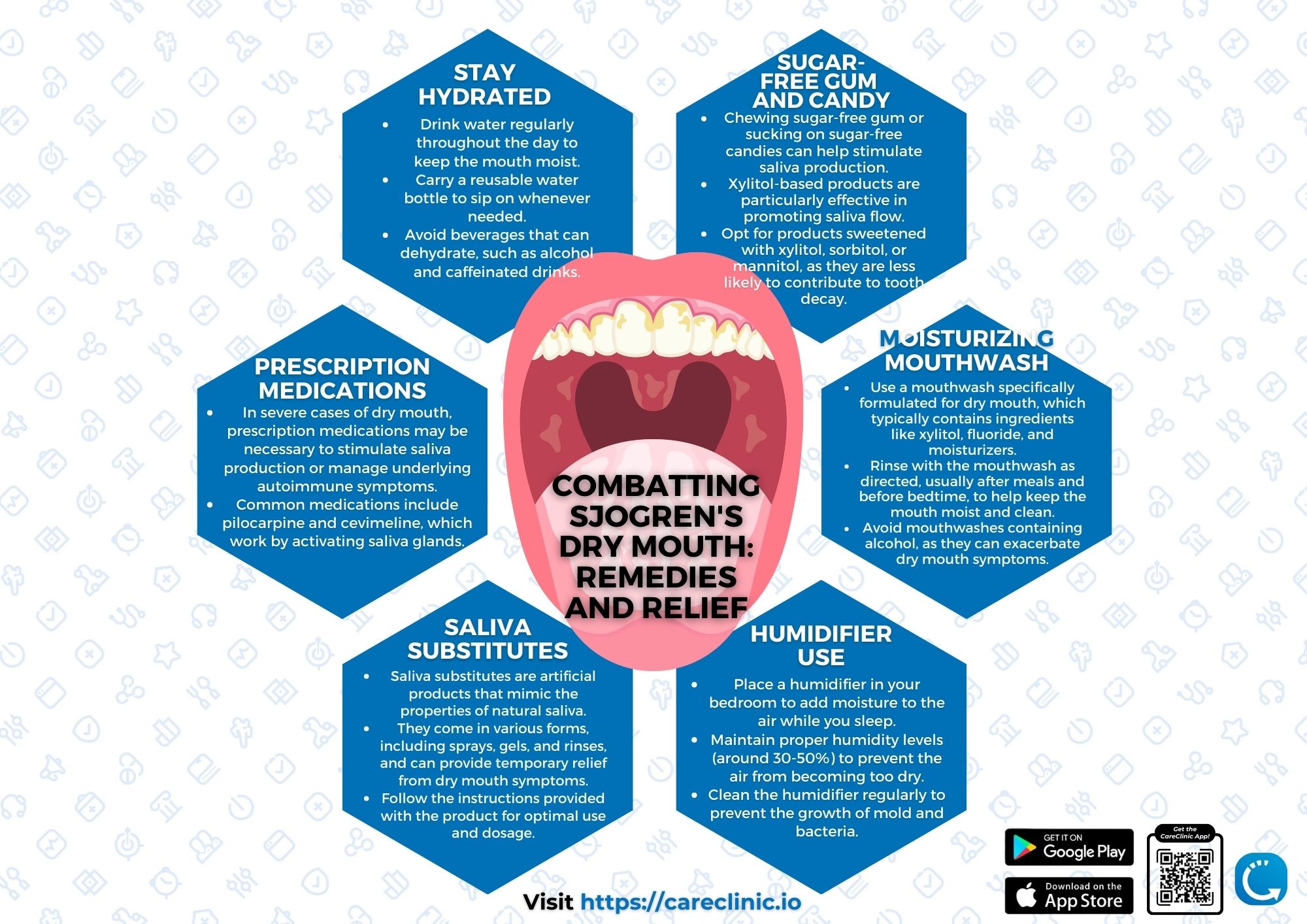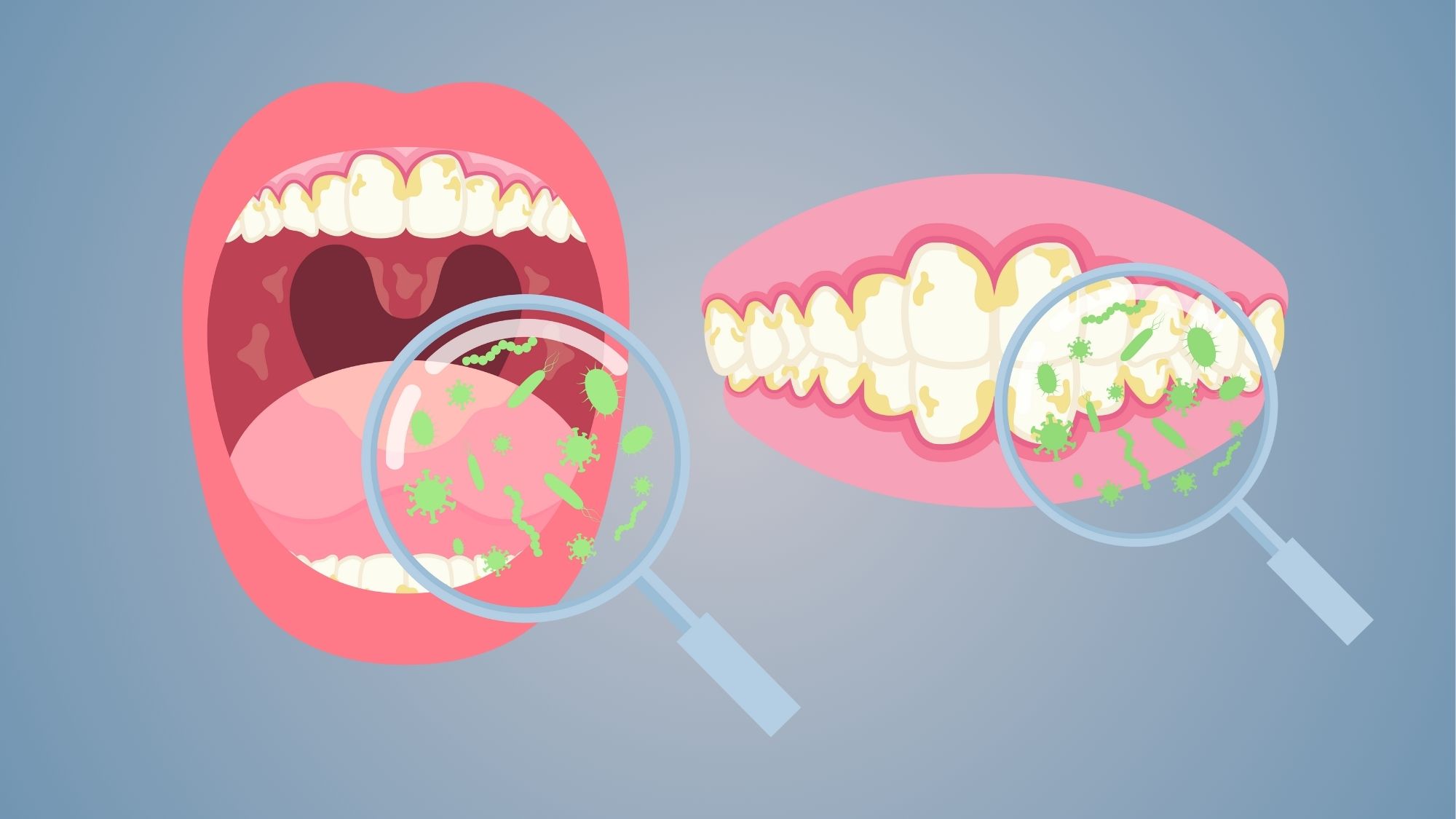
Dry mouth, also known as xerostomia, is a common symptom associated with Sjogren’s Syndrome. This autoimmune disorder affects the body’s ability to produce saliva, leading to a dry and uncomfortable sensation in the mouth. In this article, we will explore various effective Sjogren’s dry mouth remedies and improve your overall oral health. [1]
Understanding Sjogren’s Syndrome
Sjogren’s Syndrome is a chronic autoimmune disorder that primarily affects the salivary and lacrimal glands, resulting in dry mouth and dry eyes. The immune system mistakenly attacks the body’s healthy tissues, leading to inflammation and damage. While the exact cause of Sjogren’s Syndrome is unknown, researchers believe that a combination of genetic and environmental factors may play a role.
Individuals with Sjogren’s Syndrome may also experience systemic manifestations beyond the oral and ocular symptoms. This can include joint pain, muscle weakness, and even neurological symptoms. The impact of Sjogren’s Syndrome extends beyond physical discomfort, often affecting a person’s quality of life and emotional well-being.
The Role of the Immune System in Sjogren’s Syndrome
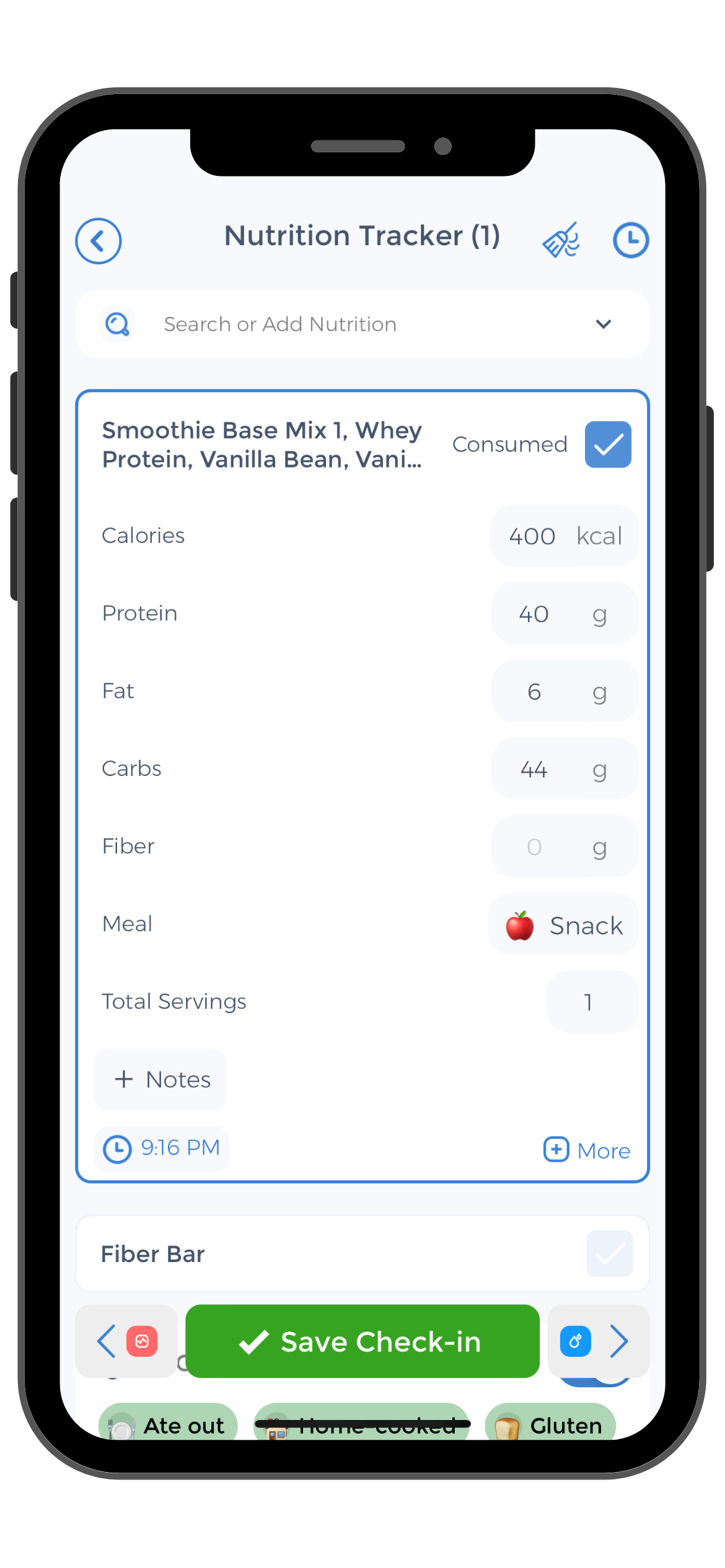 In Sjogren’s Syndrome, the immune system mistakenly identifies the moisture-producing glands as foreign invaders and attacks them. This immune response leads to inflammation and damage to the glands, reducing their ability to produce saliva. As a result, individuals with Sjogren’s Syndrome experience chronic dry mouth.
In Sjogren’s Syndrome, the immune system mistakenly identifies the moisture-producing glands as foreign invaders and attacks them. This immune response leads to inflammation and damage to the glands, reducing their ability to produce saliva. As a result, individuals with Sjogren’s Syndrome experience chronic dry mouth.
The inflammatory process in Sjogren’s Syndrome can also affect other organs in the body, such as the kidneys, liver, and lungs. This systemic involvement underscores the complexity of the condition and the need for comprehensive management by a multidisciplinary healthcare team.
Consequently, individuals with Sjogren’s Syndrome often require ongoing monitoring and tailored treatment plans to address the various manifestations and prevent complications. Regular consultations with rheumatologists, dentists, and other specialists are crucial for optimizing patient outcomes and maintaining overall health.
Symptoms and Complications of Sjogren’s Syndrome
In addition to dry mouth, Sjogren’s Syndrome can cause a range of symptoms, including dry eyes, fatigue, joint pain, and skin rashes. If left untreated, this condition can lead to various complications, such as dental decay, gum disease, oral infections, and difficulty speaking or swallowing.
Furthermore, individuals with Sjogren’s Syndrome have an increased risk of developing other autoimmune diseases, such as rheumatoid arthritis and lupus. This highlights the importance of early diagnosis and proactive management to prevent further health complications and improve overall outcomes.
The Impact of Dry Mouth on Sjogren’s Syndrome
Dry mouth can have a significant impact on the daily lives of individuals with Sjogren’s Syndrome. It can affect speech, taste, and the ability to chew and swallow food. Furthermore, the lack of saliva can increase the risk of dental problems, such as tooth decay and gum disease.
How Dry Mouth Affects Daily Life
Living with dry mouth can be challenging, but there are several measures you can take to manage this symptom and improve your quality of life. Here are some effective remedies:
- Stay hydrated: Drink plenty of water throughout the day to keep your mouth moisturized. Carry a water bottle with you to ensure you have access to water wherever you go.
- Opt for sugarless gum or lozenges: Chewing sugar-free gum or sucking on sugar-free candies can stimulate saliva flow production and provide temporary relief from dry mouth. Look for products that contain xylitol, a natural sweetener that can also help prevent tooth decay. These are available over-the-counter products.
- Avoid alcohol, caffeine, and tobacco: These substances can worsen symptoms. Instead, choose non-alcoholic beverages, limit your caffeine intake, and refrain from smoking.
- Use a humidifier: A humidifier can add moisture to the air in your home, helping to alleviate symptoms. Place one in your bedroom or any other room where you spend a significant amount of time.
Additionally, it is important to note that dry mouth can also impact the sense of taste. Saliva plays a crucial role in the perception of taste by carrying taste molecules to the taste buds on the tongue. When there is a lack of saliva, the ability to fully experience the flavors of food and beverages can be diminished. This can lead to a decreased enjoyment of meals and a potential loss of appetite.
Potential Health Risks of Dry Mouth
Without adequate saliva, the risk of dental problems and oral infections increases. Saliva plays a crucial role in neutralizing acids produced by bacteria, remineralizing tooth enamel, and washing away food particles and bacteria. When these natural protective mechanisms are compromised, it can lead to tooth decay, gum disease, and yeast infections in the mouth.
Furthermore, dry mouth can also impact the overall health of the oral cavity. The lack of saliva can create an environment that is more susceptible to bacterial growth, which can result in bad breath. Additionally, the absence of saliva’s lubricating properties can cause discomfort and irritation, leading to sores and ulcers in the mouth.
[2][3][4][5][6]
Medical Treatments for Dry Mouth in Sjogren’s Syndrome
If self-care remedies are not providing sufficient relief, there are medical treatments available to help manage dry mouth in Sjogren’s Syndrome. It is important to consult with your healthcare provider to determine the most appropriate treatment plan for you.
When dealing with the challenges of dry skin and mouth in Sjogren’s Syndrome, it’s essential to explore all available options to find the best solution for your specific needs. Beyond self-care and lifestyle adjustments, medical interventions can offer significant relief and improve your quality of life.
Prescription Medications and Their Effects
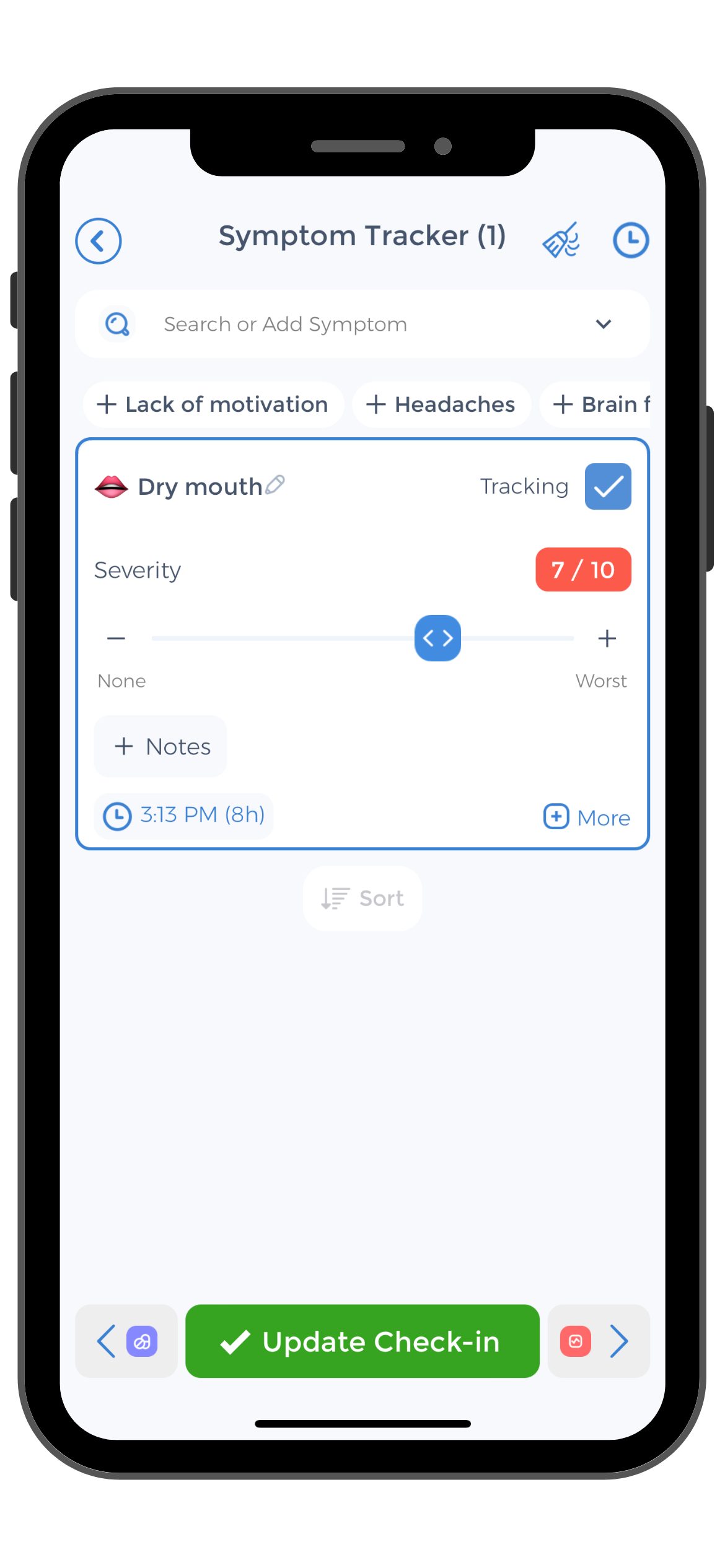 Your doctor may prescribe medications to stimulate saliva production or to alleviate some of the symptoms associated with Sjogren’s Syndrome. These medications may include saliva substitutes, pilocarpine, or cevimeline. Each medication works differently to address the specific needs of individuals with dry mouth.
Your doctor may prescribe medications to stimulate saliva production or to alleviate some of the symptoms associated with Sjogren’s Syndrome. These medications may include saliva substitutes, pilocarpine, or cevimeline. Each medication works differently to address the specific needs of individuals with dry mouth.
Saliva substitutes can help lubricate the mouth and throat, providing relief from dryness and discomfort. Pilocarpine and cevimeline, on the other hand, work by stimulating the salivary glands to increase saliva production, helping to restore moisture and improve oral health.
Nonsteroidal anti-inflammatory drugs (NSAIDs) can provide relief for joint pain and inflammation associated with Sjogren’s Syndrome. However, it’s important to use NSAIDs under medical supervision, as they can have side effects and may exacerbate certain symptoms or interact with other medications commonly prescribed for Sjogren’s Syndrome.
Surgical Options and Considerations
In severe cases, surgical procedures may be considered. These procedures aim to either reroute saliva flow from other glands to the mouth or to provide artificial saliva reservoirs. Surgical options should be carefully discussed with your medical team, taking into consideration the risks, benefits, and individual needs.
Surgical interventions are typically reserved for cases where other treatments have not provided adequate relief. These procedures are tailored to each patient’s unique situation, to restore saliva flow and alleviate the symptoms of dry mouth.
[7][8]
Natural Remedies for Dry Mouth in Sjogren’s Syndrome
Sjogren’s Syndrome is an autoimmune disorder that primarily affects the salivary and lacrimal glands, leading to symptoms such as dry mouth and dry eyes. Managing dry mouth is essential not only for comfort but also for oral health, as reduced saliva flow can increase the risk of dental issues such as cavities and gum disease.
Dietary Changes to Alleviate Dry Mouth
Here are some dietary changes that can help alleviate symptoms:
- Avoid dry, spicy or salty foods: Dry and salty foods can further contribute to dry mouth. Opt for foods with higher moisture content, such as soups, stews, and juicy fruits.
- Include hydrating foods: Incorporate foods with high water content, such as watermelon, cucumbers, and oranges, into your diet. These foods can help keep your mouth moist.
- Sip on fluids during meals: Take small sips of water or other hydrating beverages while eating to aid in food digestion and prevent dry mouth.
In addition to these dietary changes, maintaining good oral hygiene practices such as regular brushing and flossing, as well as using alcohol-free mouth rinses, can help manage symptoms and reduce the risk of oral infections.
Herbal Supplements and Their Potential Benefits
Some herbal supplements may provide relief for symptoms, but it is important to consult with your healthcare provider before starting any new supplements. Some herbs that may help include:
- Aloe vera: Aloe vera gel can help soothe and moisturize the oral tissues.
- Marshmallow root: Marshmallow root has demulcent properties, which means it can help coat and lubricate the mouth.
- Slippery elm: Slippery elm can also help soothe dry and irritated oral tissues.
It’s important to note that while herbal supplements may offer some relief, they should not replace prescribed medications for managing Sjogren’s Syndrome symptoms. Always consult with your healthcare provider to ensure the safety and efficacy of any natural remedies you plan to incorporate into your treatment regimen.
[9][10]
Lifestyle Adjustments to Manage Dry Mouth
Certain lifestyle adjustments can significantly improve dry mouth symptoms in Sjogren’s Syndrome.
Importance of Hydration and Saliva Production
Staying hydrated is essential to maintain saliva production. Make a conscious effort to drink enough water throughout the day. Additionally, avoid habits that can further reduce saliva production, such as breathing through the mouth, excessive caffeine intake, and alcohol consumption.
Did you know that saliva not only helps with digestion but also plays a crucial role in maintaining oral health? Saliva contains enzymes that aid in breaking down food particles, preventing tooth decay, and protecting the oral tissues. By staying hydrated and promoting saliva production, you can combat the discomfort of dry mouth and support your overall oral health.
The Role of Oral Hygiene in Managing Dry Mouth
Maintaining good oral hygiene is crucial when managing dry mouth. Here are some oral hygiene practices to incorporate into your daily routine:
- Brush your teeth twice a day: Use a soft-bristled toothbrush and prescription fluoride toothpaste to gently brush your teeth and gums.
- Floss daily: Clean between your teeth with floss or interdental brushes to remove plaque and food particles.
- Use an alcohol-free mouthwash: Rinse your mouth with an alcohol-free mouthwash to freshen your breath and help prevent oral infections.
- Visit your dentist regularly: Regular dental check-ups are essential to monitor your oral health, detect any issues early, and receive professional recommendations.
While these practices are beneficial for everyone, they are especially important for individuals with dry mouth. Proper oral hygiene can help minimize the risk of dental problems, such as cavities and gum disease, which can be exacerbated by reduced saliva flow. By incorporating these habits into your daily routine, you can take proactive steps to protect your oral health and alleviate the discomfort associated with dry mouth.
Living with dry mouth in Sjogren’s Syndrome can be challenging, but with the right remedies and lifestyle adjustments, you can effectively manage this symptom. Incorporate self-care practices, consider medical treatments when necessary, and discuss natural remedies with your healthcare provider. By taking proactive steps, such as staying hydrated and maintaining good oral hygiene, you can improve your oral health and overall quality of life.
Use the CareClinic App to Monitor Dry Mouth Symptoms
Managing Sjogren’s Syndrome and its symptoms, such as dry mouth, requires consistent monitoring and effective strategies to treat dry mouth. The CareClinic App is designed to help you track your symptoms, medications, and hydration levels, making it easier to manage your condition.
With features like medication reminders and a diary to log your daily water intake, the app ensures you stay on top of your hydration needs and treatment regimen. By regularly using CareClinic, you can gain insights into what remedies and lifestyle adjustments are most effective for you.
Download the Careclinic App Today
Take control of your oral health today by incorporating the CareClinic App into your daily routine. Install the App and start your journey towards better symptom management and an enhanced quality of life.
References
- “Management of Dry Mouth : Blog : Living With Sjögren’s : Sjögren’s Society of Canada”. https://sjogrenscanada.org/living-with-sjgrens/blog.html/article/2024/02/01/management-of-dry-mouth
- “Sjögren’s Disease | National Institute of Dental and Craniofacial Research”. https://www.nidcr.nih.gov/health-info/sjogrens-disease
- “Oral dryness and Sjögren’s: an update | British Dental Journal”. https://www.nature.com/articles/sj.bdj.2017.882
- “Chemosensory dysfunction in primary Sjögren’s syndrome: a topical review – PMC”. https://pmc.ncbi.nlm.nih.gov/articles/PMC9443648/
- “Managing the care of patients with Sjögren syndrome and dry mouth – The Journal of the American Dental Association”. https://jada.ada.org/article/S0002-8177%2814%2960296-8/fulltext
- “Dryness of the Mouth : Johns Hopkins Sjögren’s Center”. https://www.hopkinssjogrens.org/disease-information/sjogrens-disease/dry-mouth/
- “Pilocarpine tablets for the treatment of dry mouth and dry eye symptoms in patients with Sjögren syndrome: a randomized, placebo-controlled, fixed-dose, multicenter trial. P92-01 Study Group – PubMed”. https://pubmed.ncbi.nlm.nih.gov/9927101/
- “Cevimeline”. https://en.wikipedia.org/wiki/Cevimeline
- “Sjogren’s Syndrome info”. https://www.sjogrenssyndromeinfo.com/dry-mouth.php
- “Holistic Approaches to Managing Dry Eyes and Dry Mouth in Sjogren’s Disease – Aria Integrative Medicine Aria Integrative Medicine”. https://www.ariaintegrative.com/2024/05/21/holistic-approaches-to-managing-dry-eyes-and-dry-mouth-in-sjogrens-disease/


